All Stories
-
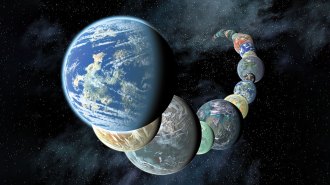 Space
SpaceNASA’s James Webb Space Telescope could help solve these 5 exoplanet puzzles
A lot of people are focused on signs of alien life, but the space telescope will have a lot to say about exoplanet geology and formation.
By Elise Cutts -
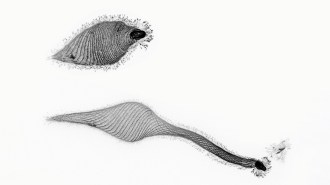 Life
LifeThis protist unfolds its ‘neck’ up to 30 times its body length to scout prey
With geometry’s help, 'Lacrymaria olor' can extend its long, necklike protrusion in less than 30 seconds.
-
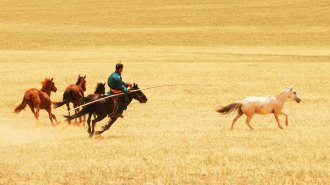 Genetics
GeneticsHorses may have been domesticated twice. Only one attempt stuck
Genetic evidence suggests that the ancestors of domestic horses were bred for mobility about 4,200 years ago.
-
 Science & Society
Science & SocietyScientists are fixing flawed forensics that can lead to wrongful convictions
People have been wrongly jailed for forensic failures. Scientists are working to improve police lineups, fingerprinting and even DNA analysis.
By Amber Dance -
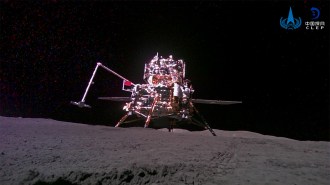 Space
SpaceChina’s Chang’e-6 snagged the first samples from the farside of the moon
The samples, which will be returned to Earth in late June, could help researchers figure out why the moon’s two sides are so starkly different.
By Adam Mann -
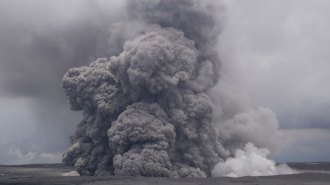 Earth
EarthIn 2018, Hawaii’s Kilauea volcano erupted like a stomp rocket
The stomp rocket–like mechanism is a newly observed type of eruption.
-
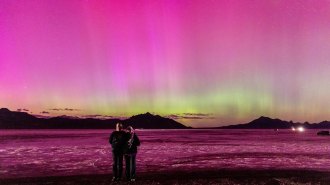 Space
SpaceThe sun is entering solar maximum. Expect auroras, and more
May saw the strongest auroras in recent memory. As the sun gets more active, those light shows may be a preview of what’s to come until at least 2026.
By Adam Mann -
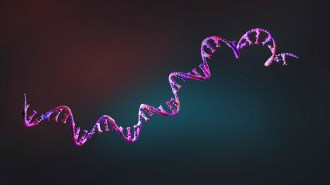 Genetics
GeneticsThomas Cech’s ‘The Catalyst’ spotlights RNA and its superpowers
Nobel Prize-winning biochemist Thomas Cech’s new book is part ode to RNA and part detailed history of the scientists who’ve studied it.
By Meghan Rosen -
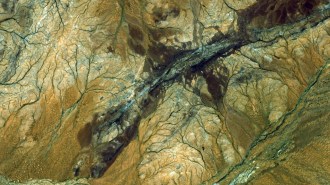 Earth
EarthFreshwater first appeared on Earth 4 billion years ago, ancient crystals hint
Oxygen ratios in ancient zircon crystals suggest that the planet’s water cycle got started hundreds of millions of years earlier than thought.
-
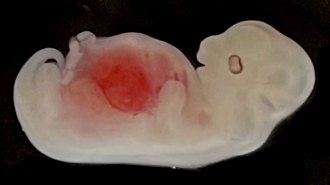 Genetics
Genetics50 years ago, chimeras gave a glimpse of gene editing’s future
Advances in gene editing technology have led to the first successful transplant of a pig kidney into a human.
By Abby Wallace -

-
